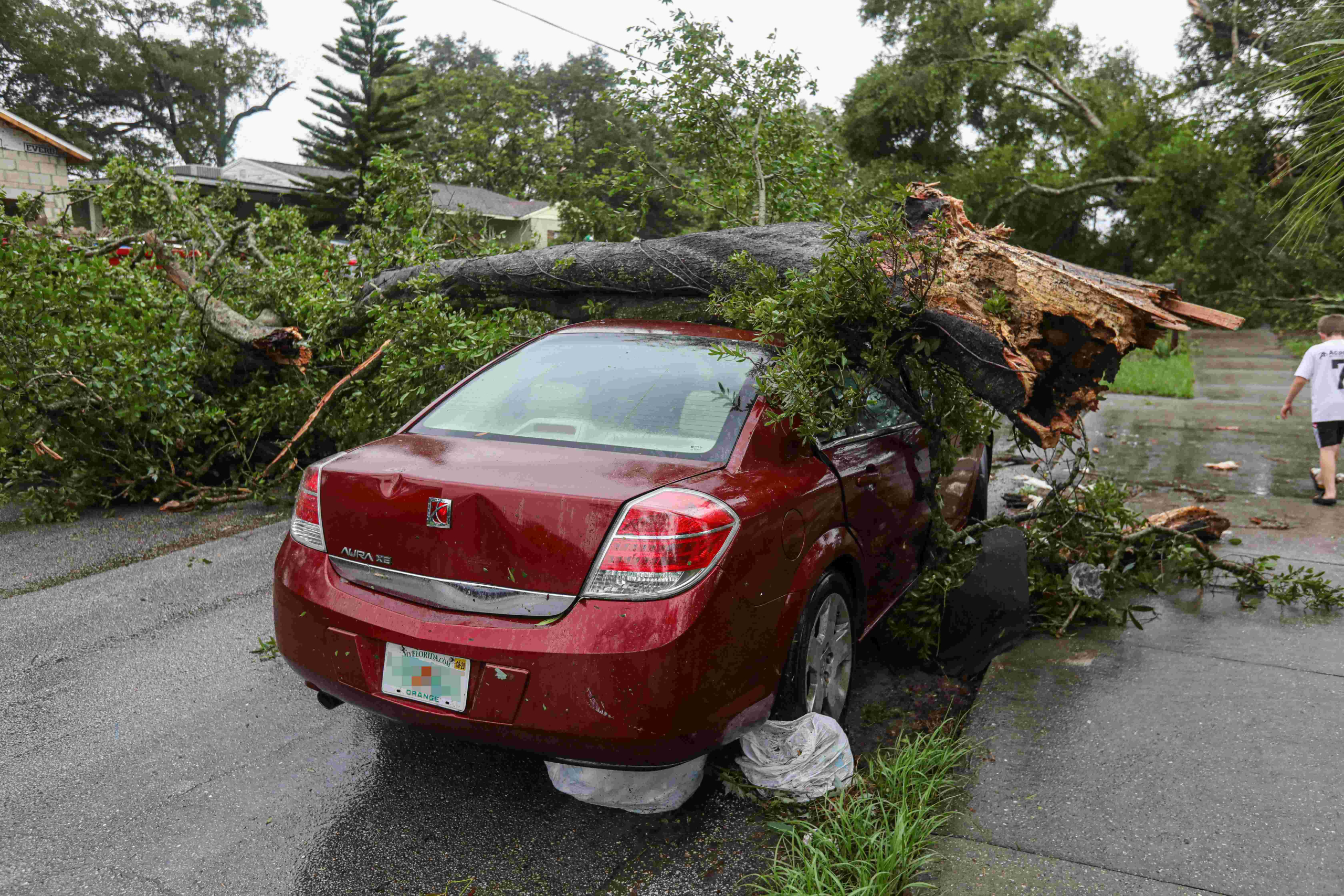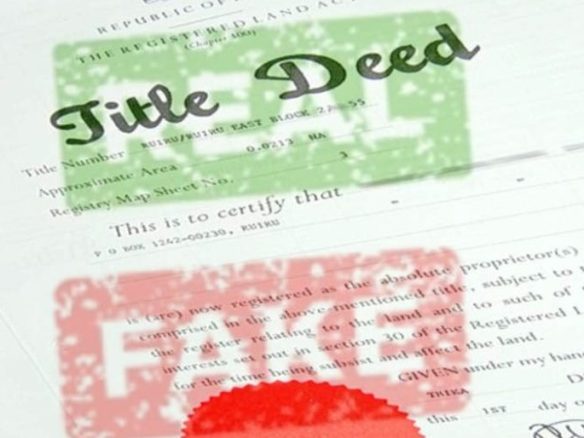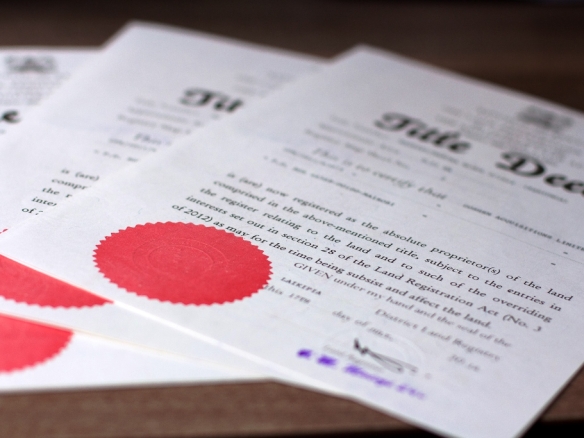Comprehensive Guide to Automobile Valuation & Assessors Services
1. Introduction to Automobile Valuation & Assessors Services
Automobile valuation and assessors services play a crucial role in the automotive and financial sectors. These services involve professional assessment and appraisal of vehicles to determine their market value, condition, and roadworthiness. The valuation process is essential for various applications, including insurance claims, sales and purchases, taxation, asset management, financing, and legal proceedings.
Professional assessors evaluate vehicles based on key factors such as make, model, year of manufacture, mileage, usage, condition, accident history, and current market trends. Their assessments provide objective and reliable data, ensuring transparency in financial transactions and legal matters.
2. Definition of Automobiles in the Context of Valuation & Assessment
In the context of valuation and assessors services, automobiles refer to motorized vehicles used for road transportation, including:
- Private Cars – Sedans, hatchbacks, SUVs, station wagons, and luxury vehicles.
- Commercial Vehicles – Trucks, vans, buses, matatus (public transport vehicles), and delivery vehicles.
- Motorcycles – Two-wheelers, scooters, and high-performance bikes.
- Specialized Vehicles – Ambulances, construction vehicles, agricultural machinery, and industrial transport units.
Each vehicle type requires a distinct valuation approach, depending on its usage, depreciation rate, and prevailing market conditions.
3. Importance of Automobile Valuation & Assessors Services
a) Insurance Valuation & Claims Processing
Insurance companies require vehicle valuation reports to determine the insured value of automobiles. In the event of an accident, theft, or loss, assessors evaluate the vehicle’s damage, estimate repair costs, and determine the compensation value. This ensures fair settlements and prevents fraudulent claims.
b) Buying & Selling of Vehicles
Accurate valuation is essential when purchasing or selling a vehicle. It provides buyers and sellers with a fair price range based on the vehicle’s condition, mileage, and market trends. A professional valuation helps prevent overpricing or undervaluation.
c) Loan & Financing Applications
Financial institutions, such as banks and credit providers, require vehicle valuation reports before approving loans. The assessed value determines the collateral worthiness of the automobile, ensuring that the lender has an accurate risk assessment.
d) Legal & Taxation Purposes
In legal disputes, court cases, or taxation matters, automobile valuation reports are used as evidence to support claims regarding vehicle worth, depreciation, or damage compensation. Government agencies may also require valuation reports for tax assessments on imported vehicles or company fleet management.
e) Fleet & Asset Management
Companies and organizations with large vehicle fleets need periodic valuations for asset tracking, depreciation calculations, insurance coverage, and resale planning. This helps maintain an accurate financial record of their assets.
4. Key Factors Considered in Automobile Valuation
Professional assessors evaluate multiple factors to determine the value of a vehicle. These include:
- Make & Model – The brand and model significantly influence the value, with premium brands retaining value better.
- Year of Manufacture – Older vehicles generally depreciate more than newer ones.
- Mileage – High mileage often reduces the vehicle’s value, as it indicates wear and tear.
- Condition – The general physical state of the car, including the engine, interior, bodywork, and tires, affects valuation.
- Accident & Service History – Vehicles with a history of accidents or poor maintenance have lower valuations.
- Market Demand & Trends – The availability of spare parts, fuel efficiency, and popularity of a model influence resale value.
- Modifications & Customizations – Aftermarket modifications, such as engine tuning or body kits, may increase or decrease the value depending on market acceptance.
5. Role of Automobile Assessors
Automobile assessors are licensed professionals responsible for conducting detailed inspections and appraisals. Their duties include:
- Inspecting vehicles for structural integrity, mechanical performance, and body condition.
- Assessing accident damage and estimating repair costs.
- Preparing detailed valuation reports for clients, insurance firms, or financial institutions.
- Ensuring compliance with industry standards and regulatory requirements.
- Advising clients on the best course of action based on the vehicle’s assessed value.
Experienced assessors follow internationally recognized methodologies and use advanced tools, such as diagnostic scanners, vehicle history reports, and market comparison data, to enhance the accuracy of their valuation.
6. Methods of Automobile Valuation
There are different approaches used in determining the value of an automobile. The most common methods include:
a) Market Comparison Approach
This method involves comparing the vehicle with similar models currently listed for sale or recently sold in the market. Factors such as location, demand, and condition are taken into account.
b) Cost Approach
The cost approach estimates the value of a vehicle based on the price of acquiring a new similar model, deducting depreciation and wear. It is commonly used for unique or specialized vehicles.
c) Income Approach
This method is used for commercial vehicles, where the valuation is based on the revenue-generating potential of the automobile. It considers operational costs, usage frequency, and profitability.
d) Depreciation Method
Depreciation calculations help determine the current value of a vehicle based on its age and usage. The most common depreciation formula involves reducing the car’s value annually by a fixed percentage.
7. Challenges in Automobile Valuation & Assessment
While automobile valuation is essential, it comes with several challenges, including:
- Market Fluctuations – Vehicle prices fluctuate due to changes in demand, import regulations, and economic conditions.
- Hidden Damages – Some vehicle issues, such as internal engine problems or structural weaknesses, may not be immediately visible.
- Fraudulent Practices – Some sellers or buyers may attempt to manipulate valuation reports for personal gain.
- Lack of Standardized Data – Variations in valuation methodologies among assessors can lead to discrepancies in pricing.
To overcome these challenges, working with certified professionals who use reliable tools and databases for valuation is crucial.
8. Conclusion
Automobile valuation and assessors services are essential for individuals, businesses, and financial institutions dealing with vehicles. Whether for insurance claims, sales, financing, taxation, or legal matters, professional valuation ensures fairness, transparency, and accuracy in vehicle transactions.
To guarantee a credible valuation, it is advisable to engage qualified and experienced assessors who adhere to industry standards. With the right expertise, vehicle owners and stakeholders can make informed decisions regarding their automotive assets.





Join The Discussion